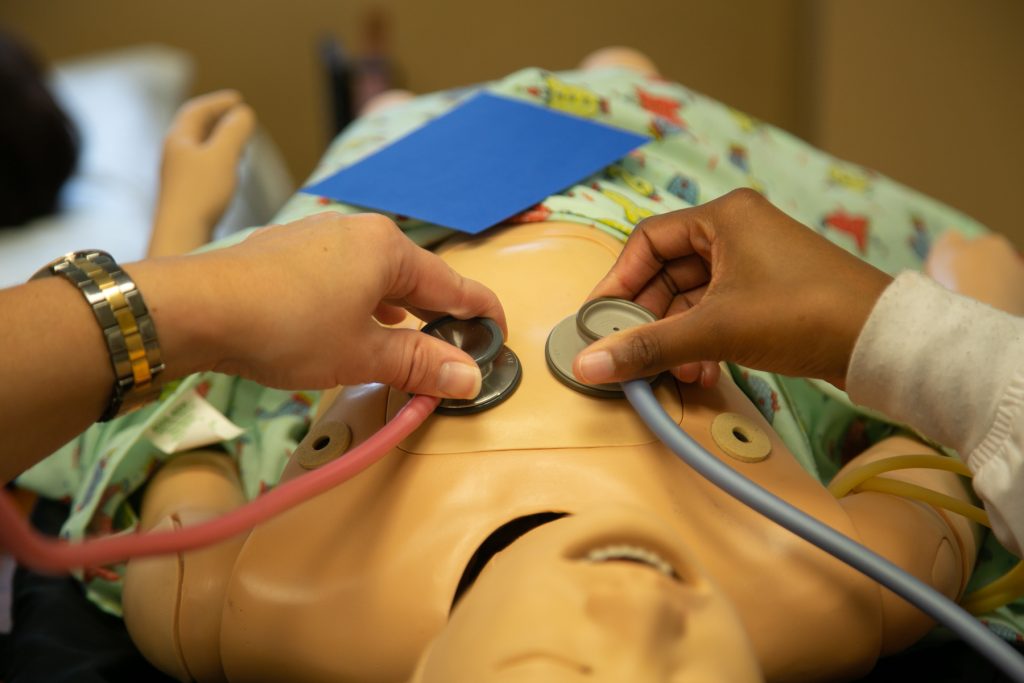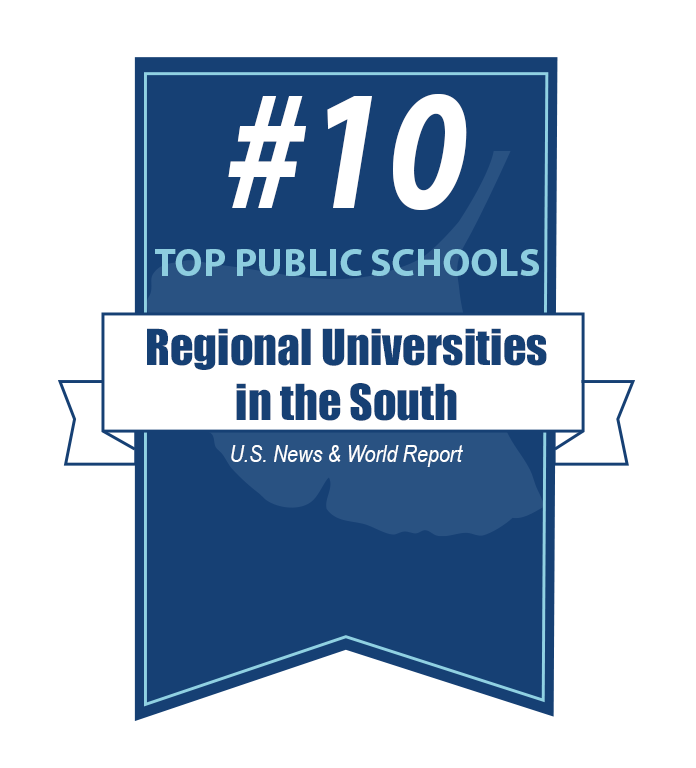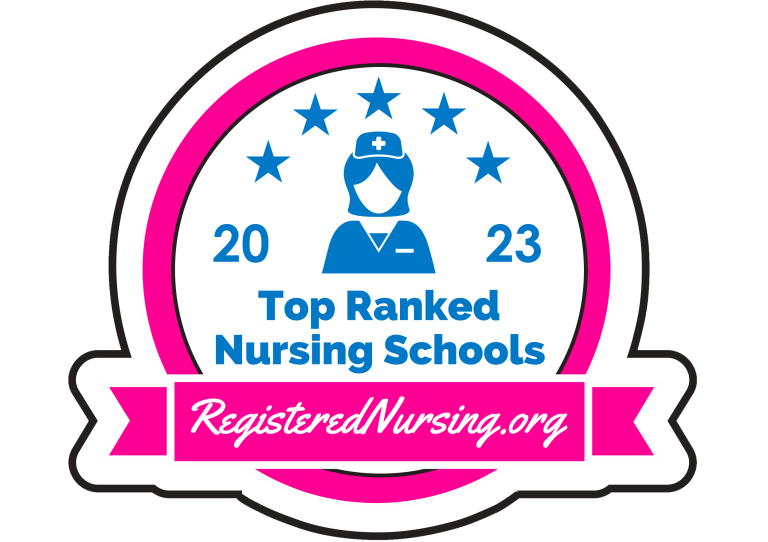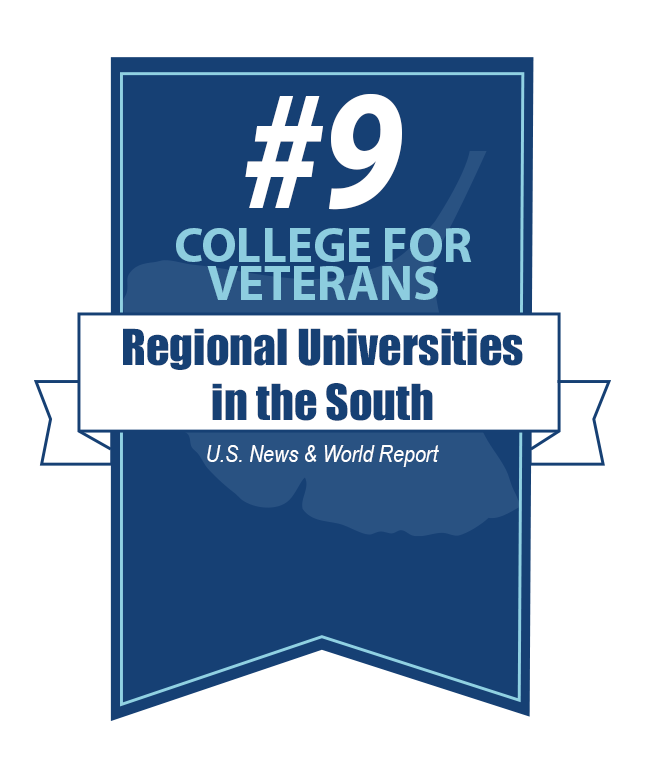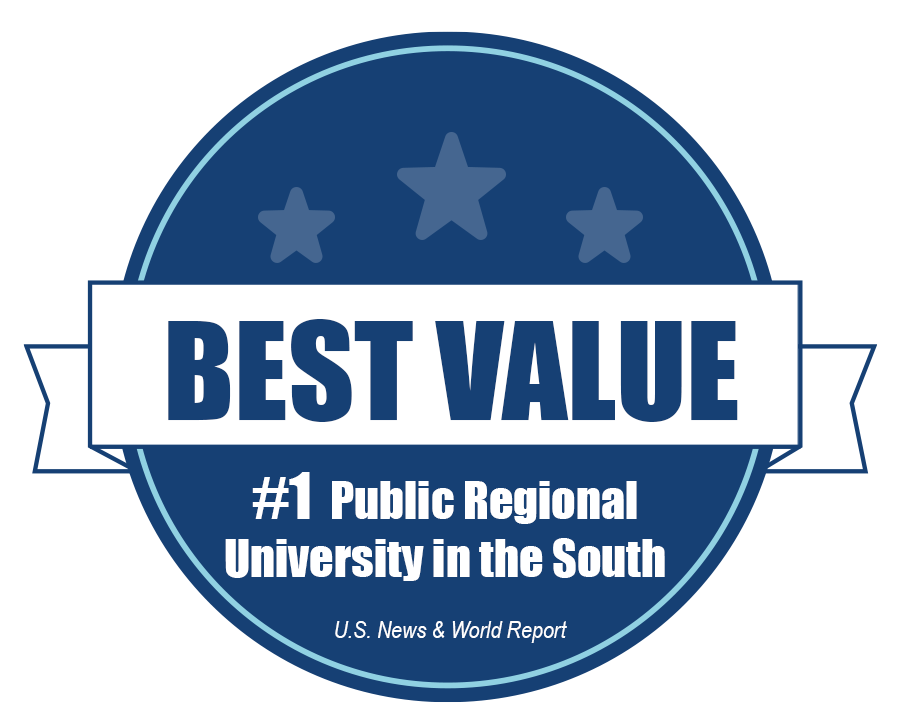Master of Science in Nursing (MSN)
The W's Department of Graduate Nursing was established in 1974, and has maintained full nursing accreditation status since its initial accreditation, to offer programs of study leading to the Master of Science in Nursing (MSN) degree. The graduate master's nursing program is for individuals with a baccalaureate in nursing and two years registered nursing experience. There is currently one track to choose from: Family Nurse Practitioner (39 semester hours, 12 months).
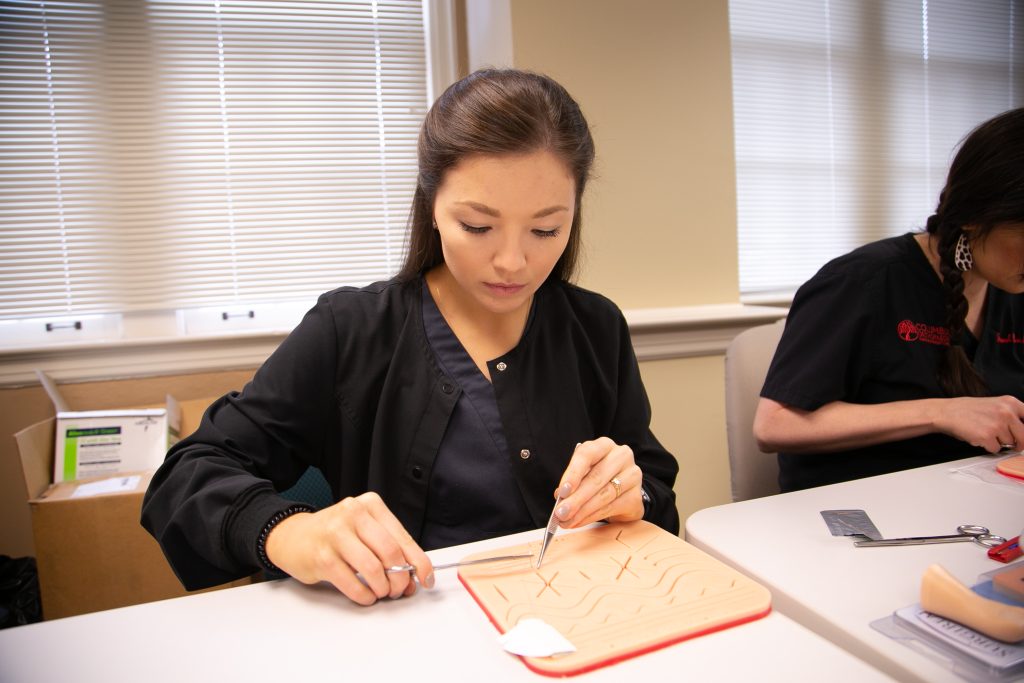
MSN Philosophy

The Master of Science in Nursing program extends and refines the knowledge and skills of the baccalaureate prepared nurse. The program integrates findings from the sciences and humanities, biopsychosocial fields, genetics, public health, quality improvement, health economics, translational science, and organizational sciences to provide care to a variety of patient populations in clinical and community-based systems. Attainment of advanced knowledge and competencies occurs through the process of role mastery, moving from novice to expert, in order to provide nursing interventions that influence healthcare outcomes for individuals/families across the lifespan, populations, or systems. The educational process is guided by three foci: primary care, advanced nursing practice, and evidence based practice. Primary care emphasizes health promotion and health maintenance for individuals, families, and populations in addition to managing and monitoring acute and chronic illnesses. This care is patient centered and holistic and is provided using evidence-based goals and modalities. Advanced nursing practice is autonomous and focuses on knowledge and competencies for the specialized role of the family nurse practitioner. In this role, the advanced practice nurse functions independently, is accountable as a direct provider of care, and is an advocate for patients, families, caregivers, populations and members of the healthcare team. Inherent in advanced nursing practice is leadership in order to provide for high-quality nursing care, healthcare team coordination, patient safety and quality improvement, and for understanding health care delivery systems assisting with identifying the economic, ethical, legal, and political factors that influence health care. Advanced practice nursing involves self-evaluation for continuing scholarship, professional growth, and excellence in practice. Therefore. the advanced practice nurse is prepared to pursue doctoral education. Evidence based practice provides opportunity for integration of nursing research, primary care, and leadership with the science of nursing.
MSN Program Goals/Outcomes
- Prepare advance practice nurses who expand and refine a broad base of knowledge and skills from nursing and the biopsychosocial sciences to influence healthcare;
- Prepare advanced practice nurses who demonstrate mastery of expected national competencies including the abilities to assess, diagnose, and manage a broad scope of acute and chronic health issues in primary care;
- Prepare advanced practice nurses who continue as lifelong learners and who influence safe and quality healthcare through inter-professional team approaches, emerging technology, health policy, and ongoing role development.
